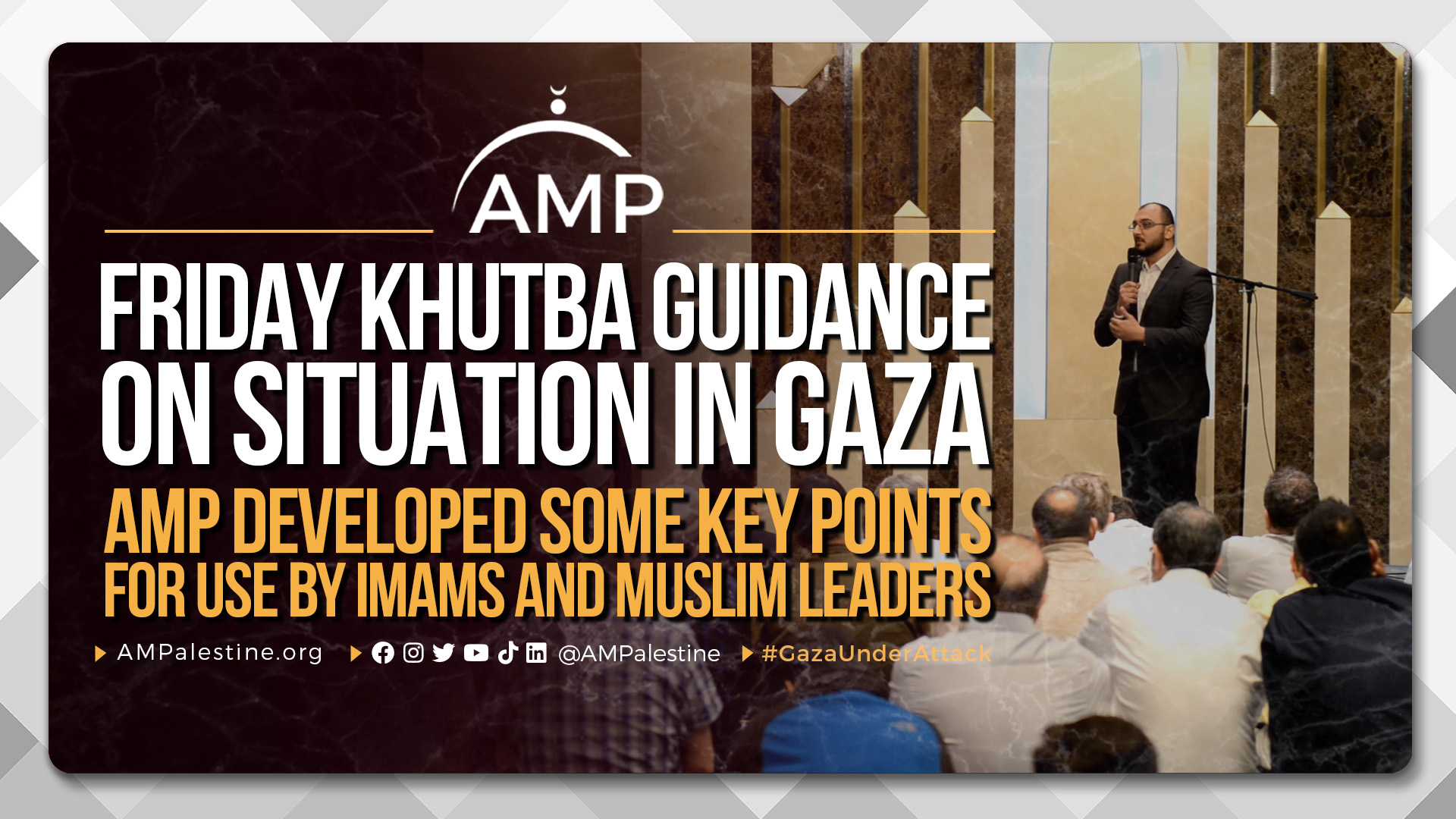AMP Commemorates Sabra And Shatila Massacre
FOR IMMEDIATE RELEASE
Contact:
Kristin Szremski
Director of Media and Communications
American Muslims for Palestine
10101 S. Roberts Road
Palos Hills, IL 60465
708.598.4267
(PALOS HILLS, IL 09/16/09) – Beginning today, Palestinians and their supporters will commemorate the 27th anniversary of the Sabra and Shatila massacre, one of the worst tragedies in Palestinian history.
On Sept. 16, 1982, members of the Lebanese Christian Phalange militia – with direct approval and support of then-Israeli Defense Minister Ariel Sharon – entered Sabra and Shatila and initiated a 36-hourlong assault, which resulted in the deaths of thousands of unarmed Palestinian and Lebanese civilians. Journalist Robert Fisk, who was on the scene on Sept. 19, 1982, reported seeing the “blackened bodies of babies tossed into rubbish heaps alongside discarded U.S. army ration tins, Israeli army equipment and empty bottles of whiskey.” The infants had been shot in the head. Some had had their throats slit. Scores of men had been shot in the back of the head or mutilated by axes. Women had been raped. Pregnant women had fetuses torn from their bodies.
The United Nations, which issued a formal declaration of genocide in 1982, also calls the Sabra and Shatila massacre one of the most heinous events in the 20th century.
How many died is not known, but figures range from about 1,000 to at least 3,500, a number estimated by the late Israeli journalist Amnon Kapeliouk.
“The exact figure (of victims) can never be determined because, in addition to the approximately 1,000 people who were buried in communal graves by the International Committee of the Red Cross or in the cemeteries of Beirut by members of their families, a large number of corpses were buried beneath bulldozed buildings by the militia members themselves,” wrote Dr. Laurie King-Irani, an adjunct professor of anthropology at the Center for Contemporary Arab Studies at Georgetown University. “Also, particularly on 17 and 18 September, hundreds of people were carried away alive in trucks towards unknown destinations, never to return.”
Dr. King-Irani also was the North American Coordinator of the International Campaign for Justice for the Victims of Sabra and Shatila, which hosted the Web site indictsharon.net.
Yet the perpetrators of the massacre were never brought to justice. An internal Israeli investigation called the Kahan Commission – which was political and not judicial – found Sharon to be indirectly but personally responsible. He resigned as defense minister but retained a government cabinet position. He served as prime minister from 2001 to 2006. A case that had been filed in November 2001 on behalf of some survivors against Sharon and others for committing war crimes under Belgium’s universal jurisdiction law was later rejected by a Belgian appeals court.
Sharon told the Israeli Knesset that the decision to send in the Phalangists had been made at 3:30 p.m. on Sept. 15. The Israeli Command received the instructions that the “mopping up of the camps will be carried out by the Phalanges or the Lebanese army,” Dr. King-Irani writes, citing the Kahan Commission report, page 125.
Today, 27 years later, Israeli aggression against Palestinians continues. Operation Cast Lead in December and January killed more than 1,400 Palestinians in Gaza and wounded more than 5,300. Israel’s continuing siege has squeezed the 1.5 million residents there into an inhumane and unthinkable crisis.
The American Muslims for Palestine (AMP) today honors the victims and survivors of Sabra and Shatila by keeping their memories alive. Where their voices have been silenced, we must raise our voices loudly and clearly and call for an end to the brutal occupation of Palestine and for the right of refugees to return to their homeland.
Please visit the media section of this website for videos on Sabra and Shatila.
The American Muslims for Palestine is a national grassroots organization whose mission is to educate the American public and media about issues relating to Palestine and its rich cultural heritage. For more information or to make a donation, call 888.404.4AMP.



